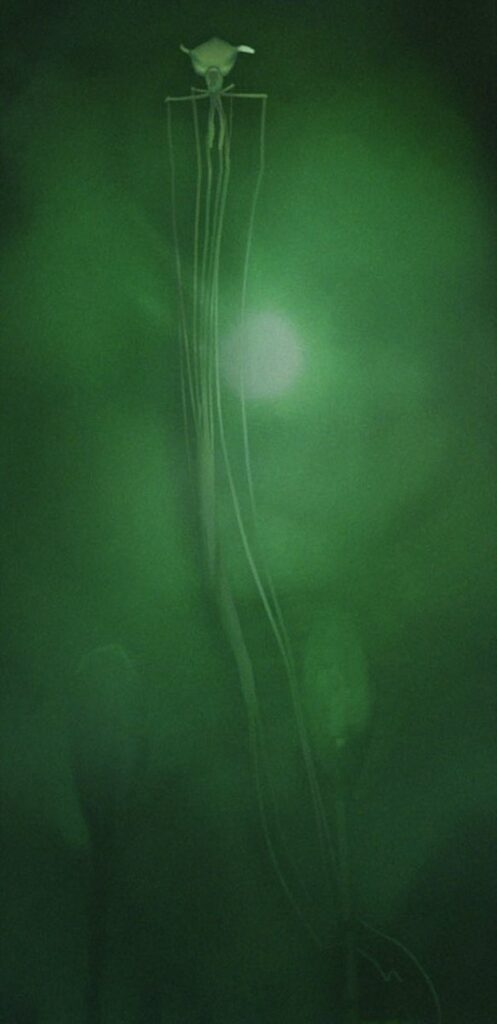Mildly interesting
-
-
-
-
@jon-nyc said in Mildly interesting:
It’s such an amazing result - that close but not equal.
If you were to guess the number of atoms in the universe and missed it by just one, that would an incomparably larger miss than this expression gets to pi
I wonder if that has something to do with Euler's identity.
-
@jon-nyc said in Mildly interesting:
It’s such an amazing result - that close but not equal.
If you were to guess the number of atoms in the universe and missed it by just one, that would an incomparably larger miss than this expression gets to pi
Apparently not so amazing according to the comments. It’s a “discretization” of an infinite sun identity which is exactly equal to pi. The constants in the discretization can be chosen such that the sum is arbitrarily close to pi.
-
Scientists in Israel are growing date palms from 2,000-year-old seeds.
-
Scientists in Israel are growing date palms from 2,000-year-old seeds.
@mark said in Mildly interesting:
Scientists in Israel are growing date palms from 2,000-year-old seeds.
Now you can have a date with Jesus!
-
@mark said in Mildly interesting:
Scientists in Israel are growing date palms from 2,000-year-old seeds.
Now you can have a date with Jesus!
@Doctor-Phibes said in Mildly interesting:
@mark said in Mildly interesting:
Scientists in Israel are growing date palms from 2,000-year-old seeds.
Now you can have a date with Jesus!

-
A rare photo of a Big-Fin Squid, caught on camera on November 11th 2007 by a Shell Oil company ROV, at a depth of 2,386 meters (1.5 miles). This species of Squid dwell at extreme depths, and are characterised by their long, thin tentacles. They can reach almost 20ft long when fully grown.

-
Utkan Demirci and Sean Wu use acoustics to manipulate heart cells into intricate patterns. A simple change in frequency and amplitude puts the cells in motion, guides them to a new position and holds them in place.

Wu and Demirci can then shepherd the heart cells into nearly any pattern they want. “You can make triangles, hexagonal shapes, circles, lines — you can even make a little human shape,” Demirci says.
“And,” Wu adds, “if you don’t like the pattern, for whatever reason, you can change it, literally, within five or six seconds. You change the frequency and amplitude, and the cells move into a new spot right in front of your eyes.”
Unlike other tissue engineering tactics, acoustics position the heart cells in a tight configuration that closely resembles natural cardiac tissue, turning the resulting, beating blob into something valuable for medicine.
Wu and Demirci think acoustic engineering could help foster more realistic cardiac disease modeling and drug screening. More distantly, but still on the horizon, the pair even see their generated tissue as an option for heart patches in patients who have weak cardiac walls or have damage from a heart attack.
Next, Demirci and Wu say that they plan to add vascularization — conduits that carry blood and oxygen to various parts of an organ — to make their generated heart tissue even more realistic.
Very interesting things are being performed with sound in the article. This is just one.
-

